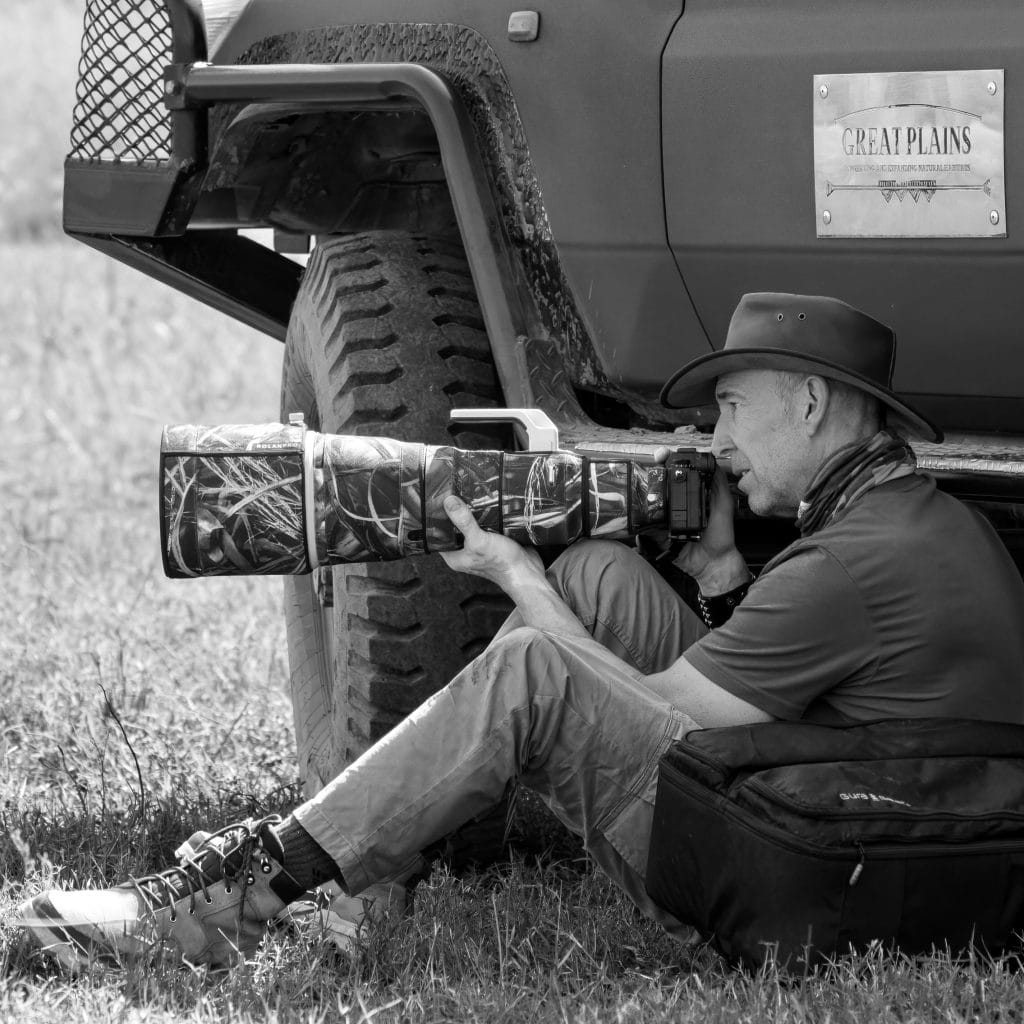As we conclude this journey through the wild, reflecting on the leadership behaviors of some of the most iconic animals on our planet, one undeniable truth stands out: leadership is not about dominance or brute force, but about balance, collaboration, and the strength found in community.
Here are my five key lessons we, as human leaders, can learn from the animal kingdom:
1. Leadership Is Rarely About Dominance – It’s About Collaboration
In the wild, leadership isn’t defined by who roars the loudest or fights the hardest. Instead, it’s about guiding, protecting, and ensuring the well-being of the group. Orcas showcase synchronized teamwork to hunt, wolves rely on the alpha pair’s leadership to unite the pack, and lionesses lead with collaboration and strategy. These animals remind us that true power lies in inclusion, trust, and shared purpose.
In our human workplaces, this means fostering environments where everyone contributes their unique strengths, where no one feels left behind, and where collective success matters more than individual ego.
2. Strength and Compassion Go Hand in Hand
Nature teaches us that strength isn’t just physical – it’s about resilience, empathy, and the courage to protect. The male lion defends his pride with ferocity, but he also steps back to let the lionesses lead. Mountain gorillas, led by their steadfast silverback, embody both physical protection and emotional connection, nurturing their families with care.
Leaders who combine strength with compassion inspire loyalty and trust, creating teams that feel both safe and empowered to thrive.
3. Female Leadership Shines Bright in Nature
Unlike the often male-dominated leadership in human corporate environments, many of the most successful leaders in the wild are female. The matriarchal leadership of elephants provides wisdom and guidance through generations. Lionesses lead the hunt, ensuring the pride’s survival, and the alpha female wolf co-leads with the alpha male, balancing nurturing with strength.
This isn’t just about gender—it’s about recognizing and valuing diverse leadership styles. Leaders who embrace inclusivity and empower a range of voices are those who build enduring success.
4. Adaptability Is Key to Survival
The wildebeest, in their Great Migration, epitomize the courage to adapt and move forward despite uncertainty. The tiger, silent and deliberate, exemplifies adaptability in hunting and territorial leadership. These animals thrive not because they stick rigidly to one strategy but because they respond flexibly to their environment.
In an ever-changing world, leaders who adapt to challenges, pivot when necessary, and embrace change as an opportunity rather than a threat are the ones who survive and thrive.
5. Leadership Is a Responsibility, Not a Privilege
The buffalo herd stands together to protect its young from predators, embodying the principle that leadership is about service. The alpha wolf ensures that even the weakest members of the pack are cared for, reinforcing unity and resilience. The orca pod supports each member, ensuring collective survival.
Leadership is not about personal gain but about taking responsibility for the well-being of others. Leaders who serve their teams, put collective success above personal comfort, and prioritize the greater good leave lasting legacies.
A Final Word: The Wisdom of the Wild
The animal kingdom has shown us that leadership is not a title or a position – it’s a role rooted in purpose, collaboration, and care. From the silent strength of the tiger to the unyielding courage of the lion, from the nurturing wisdom of the elephant matriarch to the unity of the buffalo herd, each species offers a unique lens on what it means to lead well.
As we close this chapter, let these lessons inspire you to rethink your own leadership journey. Are you leading with collaboration and compassion? Are you adapting, empowering, and serving those who rely on you?
The wild reminds us that the best leaders don’t just lead—they elevate, protect, and inspire. So, take these lessons with you. Lead like a lion, serve like a wolf, and build a legacy that stands the test of time.
Thank you for joining me on this adventure. Here’s to leading beyond the wild!





